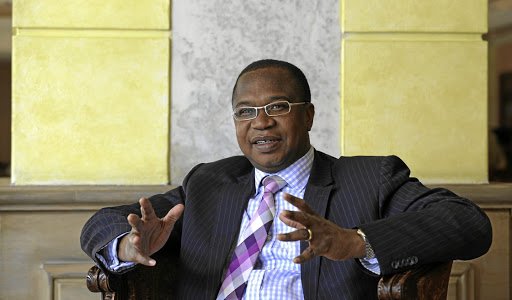|
Getting your Trinity Audio player ready...
|
By Zimbabwe Coalition on Debt and Development (ZIMCODD)
Zimbabwe is expected to get 800 million Euros in Special Drawing Rights which is about USD1.1 billion dollars from the International Monetary Fund. ZIMCODD welcomes this allocation as it is necessary for the country’s economic recovery and as such, it recommends that such resources be used to ensure the improved socio-economic status of all Zimbabweans.
Special Drawing Rights (SDRs) are a reserve asset, an accounting unit for IMF transactions with its member countries, and a stable asset in countries’ international reserves. They supplement a country’s reserves by making use of the collective strength of the Funds’ membership to boost the financial muscles of its member states. SDRs are not tangible money. Countries can exchange their SDRs in return for foreign currency with other IMF members. It is important to note that SDR allocations do not add to a member country’s public debt burden.
SDRs were created in 1969 for purposes of providing financing options and alleviation in a crisis. The savings can be withdrawn for urgent needs and recovery from pandemics. The SDRs are allocated based on the financial strength of member states. Richer countries are allocated more SDRs than those allocated. to developing and or poor countries. Countries in a stronger financial standing, can on a voluntary basis, agree to assist other countries when there is a need.
With its external debt estimated at US$8,2 billion, SDRs for Zimbabwe are the most ideal as they are not debt-induced and have low-interest rates. In addition, the SDR allocation will allow Zimbabwe to reduce its reliance on more expensive domestic or external debt for building reserves. The emphasis, however, should be placed on transparency and accountability in the management of the SDR allocation and most importantly, in ensuring that the allocations are put to good use – for purposes of alleviating a crisis, in this case, procurement of COVID-19 resources and securing recovery for the informal sector as the most affected.
From a social and economic justice perspective, ZIMCODD is calling the Ministry of Finance and Economic Development to use the SDRs on the following:
- Provision of social security for women, peasants, the elderly and economically vulnerable (increased social spending);
- Investment in the informal sector which constitutes the majority of youths and women who are the chief drivers of economic growth;
- Increased health spending for COVID-19 tests, protective equipment, treatment and vaccination;
- Broader investment in healthcare, particularly, investment in rehabilitation of clinics, hospitals and constructing more health care centres in the periphery of the country;
- Increased provision of water to make section 77 on the Right to clean, safe and portable water a living reality;
- Boosting economic productivity and in the process, guaranteeing decent jobs for unemployed youths.
CONCLUSION
Critical considerations and reflections that should be made, include the understanding of the economically viable options of using the SDRs to fund projects that grow the economy and increase income, rather than spending the money on consumptive projects that may not have an immediate or direct economic return. The other crucial issue to highlight is the issue of transparency, accountability and scrutiny. CSOs and citizens have a role to play with regard to the use of the SDRs. Our country is faced with serious corruption and as a nation, we cannot afford to see these reserves allocated and then vanish without the anticipated accompanying social and economic development.
Corruption needs to be strongly dealt with at all levels, particularly the abuse and misuse of funds which has landed Zimbabwe in the current economic quagmire the country is in. Zimbabwe cannot afford to lose this coming opportunity, at a time as crucial as this! Members of Parliament must strongly play their oversight role when the SDRs are allocated. The SDRs should benefit the Zimbabwean citizens and the country as a whole. A positive change should be felt when these SDRs are put to correct use.
Please find SAPSN Solidarity Statement on the conflict in Mozambique, read at http://zimcodd.org/sdm_downloads/sapsn-solidarity-statement-on-the-conflict-i n-mozambique/






